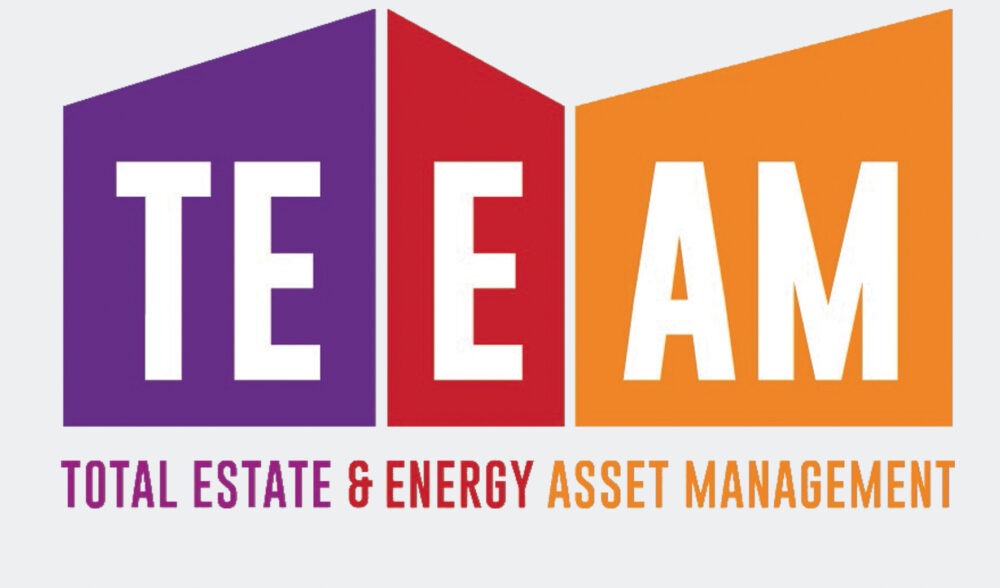
Procuring with purpose – embracing the new Procurement Act; an opportunity to accelerate sustainability
The new Procurement Act comes into force in October 2024, and whilst the existing Public Contracts Regulations will remain in place until then, public sector ordering bodies will need to prepare for the changes so that all contracts procured after October fully comply with the new rules.
According to the Government’s Transforming Public Procurement programme, the aims of the new regulations are to improve the way public procurement is regulated in order to:
- Create a simpler and more flexible, commercial system that better meets our country’s needs while remaining compliant with our international obligations
- Open up public procurement to new entrants such as small businesses and social enterprises so that they can compete for and win more public contracts
- Embed transparency throughout the commercial lifecycle so that the spending of taxpayers’ money can be properly scrutinised
The aim is to place value for money, public benefit, transparency and integrity at the heart of the procurement system. The new regime also aims help contracting authorities to embrace innovation more, and procure in more flexible and innovative ways.
We welcome these objectives and advocate ‘procuring with purpose’, and taking a holistic view to buying goods and services; that is, is the procurement outcome delivering on multiple levels and impacting positively on stakeholder wellbeing, the local community and the environment as well as on service performance and price. Critically, ensuring that we use the new flexibilities and focus on innovation to procure contracts with measurable outcomes for social value and to accelerate sustainability goals.
Joint commitment to sustainability
Contracts must cover all aspects of a given service, of course, but all of us have a commitment to reducing carbon emissions. Working together to identify how the contract is contributing to the client’s, supplier’s and individual’s understanding and consideration for decarbonisation should be a must when setting out the requirements of the service in the tender. Carbon reduction plans and measuring Scope 3 emissions from the supply chain are all important if we are to meet our collective net zero targets. However, making net zero an objective for all stakeholders, and using the new Procurement Act to help accelerate sustainability to drive behavioural change will be fundamental. The Climate Change Committee estimated that 62 per cent of the emissions reductions required to reach net zero will involve some form of behaviour change.
Contracts should also support local society and not just measure social value. As described in the Social Value Act, social value is undoubtedly a good thing, but measuring it has become an industry demanding time and money where time and money are both in short supply. Can the contract help deliver benefits to local people, community wealth and diversity of employment? Does the contract help meet the Levelling Up agenda and align with community schemes around sustainability, skills development and job creation?
Our focus over the coming year will be to explore these challenges; devising ways in which we can help customers use the new procurement regulations to accelerate their journeys to net zero, and helping the public sector and the supply market to work together to create innovative solutions that generate broader benefits to all stakeholders that use and depend on community estates.
Place Group – Procurement Consultancy and TEEAM Alliance Partner
Place Group
@placegroupAndrew & @AnitaKEducation are looking sharp as ever at the brilliantly planned @MatAssociation MAT Growth Conference run by @Convenzis_Group
Swing by our stand this afternoon, or DM us to chat about all things procurement! 🗨️
#MATGrowthConference #MATGrowth https://t.co/NQevxoRQoz
Place Group
@placegroupRT @SchoolsBuyClub: The Schools’ Air quality Monitoring for Health and Education project (@SAMHEProject) will provide 2k schools with free…
